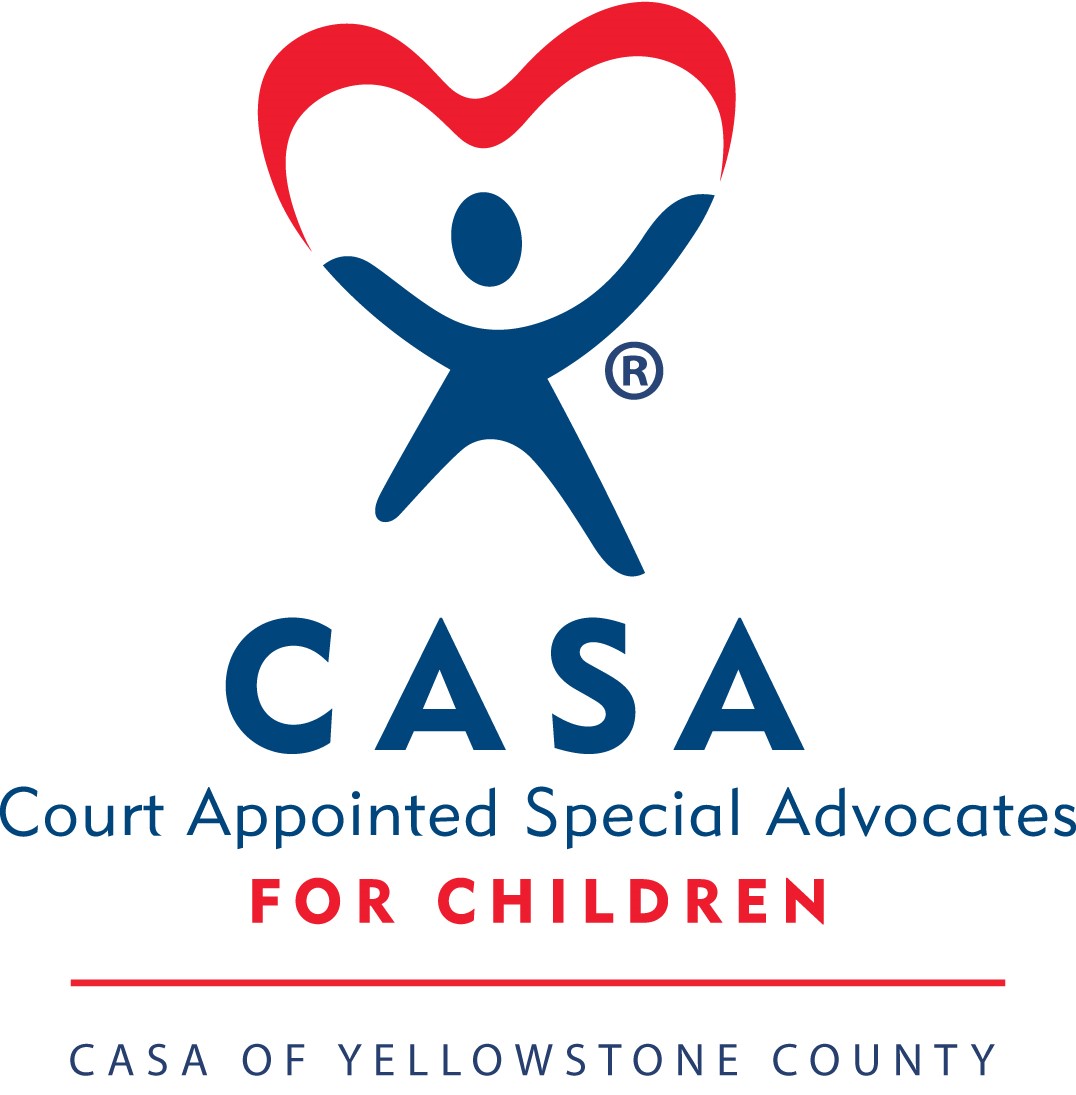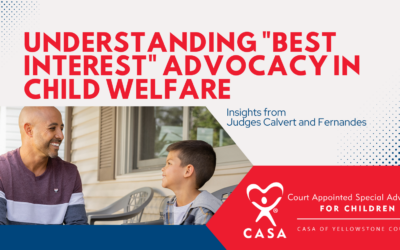Woo-woo. Hippy-dippy. Touchy-feely. Just a little wacky.
These are just some of the terms I would have used to describe the intentional cultivation of gratitude in my younger years. Why would it matter what I think about and how I think about it?!
And then…something amazing happened. I learned a lesson! A couple years before joining CASA of Yellowstone County, I went to a small Asian country as a missionary. I experienced culture shock unlike any I’d faced before, and I was having a terribly hard time adjusting. In chatting with another American about adjusting to new cultures, he shared that shortly after arriving in country, he and his wife had started naming three things they were grateful for that had happened that day, no matter how big and small, over dinner. They decided to adopt this practice as a means of helping themselves not focus on what drove them crazy about their new home but instead on the good things there.

Skeptical but desperate to find my footing, I decided to give it a try. Rather than subjecting my mission teammates to my silly experiment, I simply decided to recount to myself three things for which I was grateful that happened that day when I went to bed every night. And wouldn’t you know—it worked! Focusing on the good instead of the bad helped me to see my circumstances in a more positive light. Ever since then, when I find myself waxing a little more Eeyore than Piglet, I rattle off three things I’m grateful for every night as I’m falling asleep. Sometimes these are easy to identify. Sometimes I have to be a little creative. But always, my attitude changes to more positive in general.
As it turns out, there is science behind gratitude. Experiments in positive psychology (a field that I didn’t even know existed before I started digging into gratitude) have found that, in most cases, people who write about what they’re grateful for report higher levels of happiness than people who write about what aggravates them or about something with no emotional weight. In fact, “if you express gratitude, it raises your happiness by 25%.”
And let’s face it—a lot of the hard work in child welfare is thankless. CPS, judge and attorney caseloads are astronomical. Placements drive kids all over town for services and extracurriculars. Parents bust their butts to complete treatment plans. How much time does it take to look someone in the eye and thank them for a specific action? Just seconds, but the impact could be great and change that person’s bad day into a good one. One study determined that the recipients of a “Thank you” expressed more delight in the gesture than the thankers expected they would.
So go ahead and be thankful! Whether you keep it to yourself or express it to others, your attitude will benefit. And that’s something to be grateful for.
To find out more about CASA of Yellowstone County and how you can put your gratitude to work by advocating for foster children, call us at (406) 259-1233 or email emily@yellowstonecasa.org







